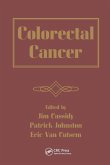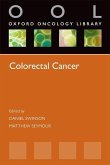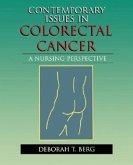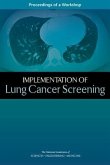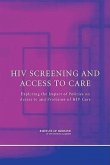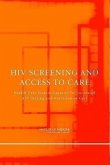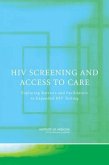A Working Group of 23 independent experts from 15 countries, convened by the International Agency for Research on Cancer (IARC) in November 2017, reviewed the scientific evidence and assessed the cancer-preventive and adverse effects of various methods of screening for colorectal cancer. Colorectal cancer is the third most common cancer in men and the second most common in women worldwide, and represents more than 10% of the global cancer burden. This publication provides evidence-based evaluations of the effectiveness of colorectal cancer screening in reducing colorectal cancer incidence and mortality. The Working Group also reviewed the body of evidence on the comparison of endoscopic and stool-based techniques, on the determinants of participation in screening programs, and on the most mature emerging techniques that may be alternatives to current practices for colorectal cancer screening, as well as presenting the different categories of high-risk populations and the surveillance strategies for such individuals.
Hinweis: Dieser Artikel kann nur an eine deutsche Lieferadresse ausgeliefert werden.
Hinweis: Dieser Artikel kann nur an eine deutsche Lieferadresse ausgeliefert werden.


